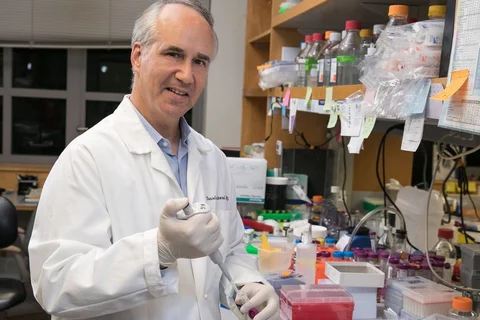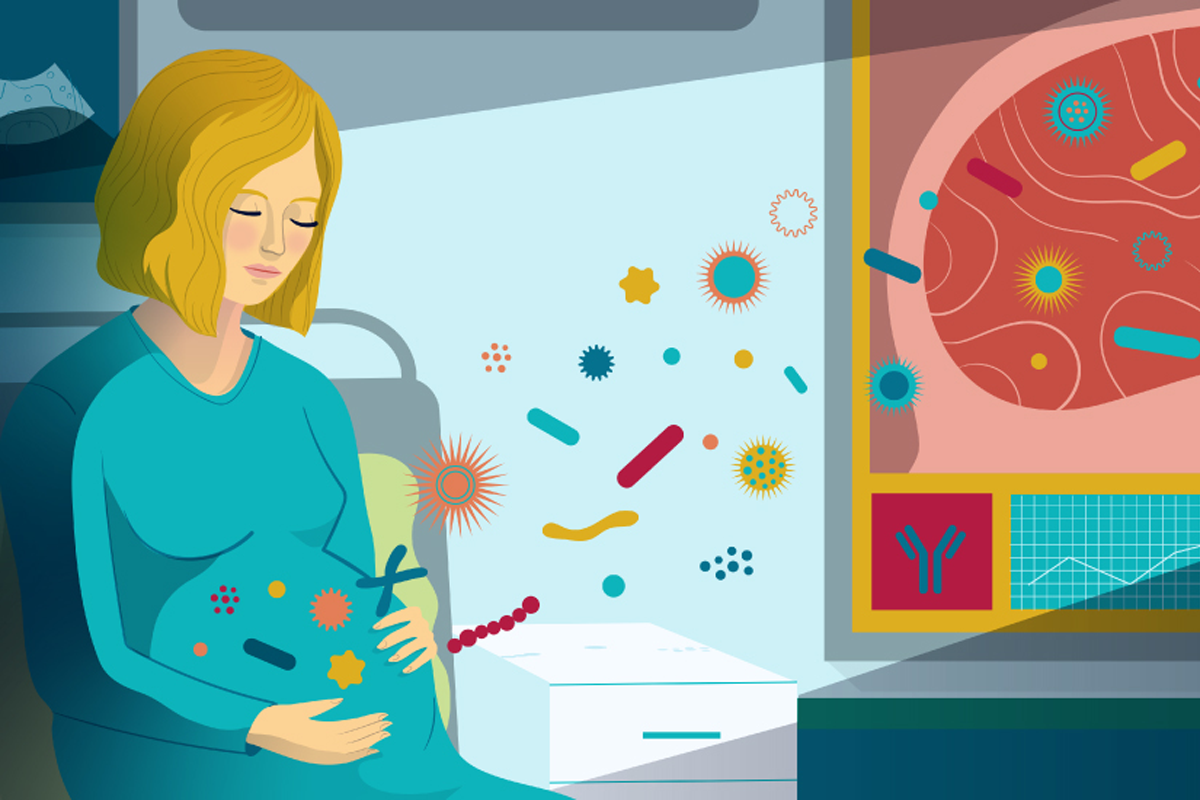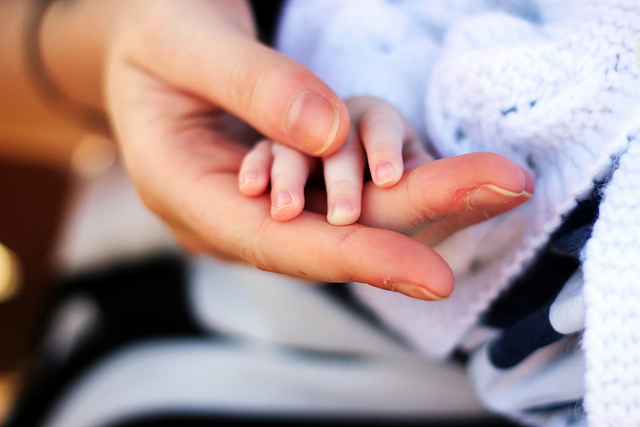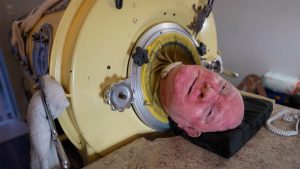
Growing scientific evidence highlights the critical role the gut microbiome plays in overall health, influencing everything from immune function to mental health. Recent research published in The Journal of Immunology suggests a potential link between maternal gut health during pregnancy and the risk of autism spectrum disorder (ASD) in offspring, at least in animal models. While these findings are preliminary and primarily based on animal studies, they open new pathways for understanding how neurodevelopmental conditions may arise.
Understanding the Gut Microbiome’s Impact on Health
The gut microbiome consists of trillions of bacteria, viruses, and other microorganisms living in the digestive tract. According to the Harvard T.H. Chan School of Public Health, the microbiome plays a crucial role in digestion, immune system modulation, and even the regulation of mood and behavior through the gut-brain axis【source: Harvard T.H. Chan School of Public Health】.
Disruptions in the microbiome have been associated with a variety of health conditions, including autoimmune diseases like type 1 diabetes and lupus, as well as mental health disorders such as depression and anxiety【source: NIH Human Microbiome Project】.

The Study: Maternal Microbiome and Autism-Like Traits
A team of researchers from the University of Virginia School of Medicine, led by Dr. John Lukens, investigated the relationship between a mother’s microbiome and the neurodevelopment of her offspring. Their study, published in The Journal of Immunology, focused on the role of a specific immune molecule, interleukin-17a (IL-17a), which is known for its role in inflammatory responses and defense against infections【source: The Journal of Immunology】.
Using a mouse model, researchers observed that when mothers had an altered gut microbiome, their offspring showed behaviors resembling those seen in autism spectrum disorder. Notably, these behavioral changes were linked to heightened IL-17a levels during pregnancy.

Key Findings from the Research
- Role of IL-17a: IL-17a is an immune molecule previously associated with autoimmune conditions like rheumatoid arthritis, multiple sclerosis, and psoriasis【source: Mayo Clinic】. It also plays a significant role in defending the body against fungal infections. The new study suggests that IL-17a may influence fetal brain development during pregnancy.
- Blocking IL-17a: When IL-17a signaling was artificially blocked in pregnant mice, their offspring displayed neurotypical behavior patterns, showing typical social interactions and a lack of repetitive behaviors associated with autism.
- Fecal Transplants Confirm Findings: To verify the link between maternal microbiome composition and offspring behavior, researchers performed fecal transplants. Mice from a second group received gut bacteria from the first group. The offspring of these transplanted mice later developed autism-like behaviors, reinforcing the connection between maternal gut health and neurodevelopmental outcomes in offspring.
Implications and Limitations
While the findings are significant, researchers caution against drawing direct parallels between these mouse models and human pregnancy outcomes. According to the Centers for Disease Control and Prevention (CDC), autism is a complex developmental disorder with a range of contributing genetic and environmental factors【source: CDC】. The exact causes of ASD in humans are not fully understood, and no single factor has been identified as a definitive cause.
Dr. John Lukens emphasized that the research is still in its early stages. “The microbiome can shape the developing brain in multiple ways,” Lukens explained in a statement, highlighting the complexity of interactions between immune signaling and brain development【source: University of Virginia School of Medicine】. He also noted that IL-17a is likely only one piece of a much larger puzzle.
Future research is necessary to determine whether similar patterns are observable in human pregnancies and, if so, which components of the maternal microbiome are most influential.

The Broader Context: Microbiome and Neurodevelopment
This study adds to a growing body of research suggesting that maternal health — including nutrition, stress levels, and microbiome composition — plays a critical role in fetal brain development. A review published in Nature Reviews Neuroscience highlights that maternal immune activation, influenced by infections or inflammation during pregnancy, has been associated with an increased risk of neurodevelopmental disorders such as autism and schizophrenia【source: Nature Reviews Neuroscience】.
Additionally, studies have indicated that changes in gut microbiota can influence the brain via the gut-brain axis, a bidirectional communication system between the gastrointestinal tract and the central nervous system【source: National Institutes of Health】.
Understanding these connections could eventually lead to preventive strategies aimed at optimizing maternal health before and during pregnancy to support better neurodevelopmental outcomes in children.

What This Means for Future Research
The next steps, according to Lukens and his team, involve studying human populations to see if similar microbiome patterns and immune responses are linked to autism risk. Researchers also plan to investigate other immune molecules besides IL-17a that may play a role in brain development.
If future human studies confirm these findings, it could pave the way for new approaches to maternal care, possibly involving microbiome modulation through diet, probiotics, or other interventions to reduce the risk of neurodevelopmental disorders.
However, leading autism researchers and organizations such as Autism Speaks caution that much more research is needed before any conclusions can be drawn about prevention strategies. It remains critical to approach these findings with careful scientific rigor to avoid premature interpretations.

Conclusion
The new research published in The Journal of Immunology provides compelling evidence from animal studies that a mother’s gut microbiome may influence the risk of neurodevelopmental conditions in her offspring, with the IL-17a molecule playing a potentially key role. While promising, these findings are preliminary and must be validated in human studies before any clinical applications can be considered.
This study highlights the importance of maternal health, not only for immediate pregnancy outcomes but also for the long-term neurological health of children. As research progresses, the intricate connections between the immune system, microbiome, and brain development are expected to become increasingly clearer, offering hope for new insights into autism and other neurodevelopmental disorders.
Sources:
- The Journal of Immunology – Study on maternal microbiome and IL-17a
- Harvard T.H. Chan School of Public Health – Gut Microbiome Overview
- Centers for Disease Control and Prevention (CDC) – Autism Spectrum Disorder Information
- National Institutes of Health (NIH) – Human Microbiome Project
- Mayo Clinic – Information on IL-17a and autoimmune conditions
- Nature Reviews Neuroscience – Maternal Immune Activation and Neurodevelopment


